All media by Dimitri Staszewski
The eternal struggle of the documentarian is capturing someone in an authentic moment. As soon as one turns on the camera or the recorder, people start performing—masking themselves whether intentionally or not. This challenge is no different for Dimitri Staszewski, who has spent the last nine months as a MTV-U Fulbright Fellow filming and recording Mongolian herders singing and playing traditional music all over the East Asian nation.
Staszewski has documented the voices of goat and sheep herders in the southwest, Kaskak eagle hunters and Reindeer People in the north, and more, always attempting to capture these lay singers in their natural state and preserve a tradition that is beginning to fade. Transverso sat down with Dimitri as he prepares to return to the U.S. to discuss his reflections on the process, why the singing of herders offers something unique, and the future of his online collection, the Mongol Music Archive.
TRANSVERSO: Having been in Mongolia for about 9 months now you’ve met with tons of Mongolians and done countless recordings. How are you feeling coming off this entire experience, and how do you feel about it coming to a close?
STASZEWSKI: It’s interesting because in the expat community I hang around, it’s a lot of academic type people, a lot of Ph.ds - people getting their Ph.d or about to defend their Ph.d - [and] there’s also a few journalists… so it’s been coming up a lot: “What are you going to do with your project?” And without me really asking, [they keep] telling me what they think I should do. [Laughs] Which is funny for me because [the Mongol Music Archive site] is what I’m doing, you know? And I guess I could be doing more with it, but for me it’s like this is the end result. But hearing all these academics, especially like these Ph.d-anthropologist type people, I think I’ve realized - and I started to realize this on my own anyway - I’m a recording engineer before anything else, definitely before an anthropologist, definitely before a photographer or writer. So I’m thinking, “what does a recording engineer do with this project that is supposed to serve ethnomusicologists and Mongolians?”
So you’ve gotten hours and hours of footage and recordings and now you’re wondering what’s the best use of this stuff now that you have it?
Yeah, exactly. Because I’ll put it all on the website, it will all be there, and there’s going to be close to over 200 videos, which is insane, and what do you do with that? How do people even know about that resource even? Unless they search it. And if you don’t speak Mongolian, it’s not really that useful. Yeah, so there is just so much more that can be done.
Obviously there is a big question of what you’re going to do with this, but going back to the beginning of why you decided to do this - and you’ve written overviews of your project and introductions to what you’re about - but I’m wondering if you can talk a little bit about the specific idea you discuss in your work: capturing herders singing songs, as opposed to professional musicians, and wanting to capture those herders in their natural element as they’re doing their work, not as performance. Why that is so interesting to you or why you think that is important.
Traditional music is part of being Mongolian - like in the city - urban Mongolians listen to traditional music, there are lots of performances. It’s a respected profession to be a musician that performs traditional music. But I saw that the songs - the really old ones - come from herding culture, they come from that life style. If you’re singing about a mountain or whatever, you’re not singing about herding necessarily, but it comes out of being a herder. I noticed that there is this huge urbanization happening, this globalization, that’s influencing the music that is popular in Mongolia. So there are fewer herders singing, like young herders have access to tons of new music, they have TVs in their homes, so it’s happening less and less. The idea is to show… because when you see a herder singing about the environment that they’re in, like you see them next to their sheep and goats in the mountains, it’s so obvious that that environment and that lifestyle gives that herder a different perspective from someone who sings in the capital for their livelihood.
What is it about them not singing for their livelihood, or them singing to their sheep or to the mountain or where they are, that provides something distinct from professional musicians that you think is important for people to hear?
Yeah, well I think it’s important for them to hear and see. That’s the thing. My thesis is: A herder who this is their lifestyle, by recording these performances, I’m not just preserving that performance, I’m trying to preserve that perspective contained in that performance. Because that’s something - even if these songs aren’t being lost, that perspective is something that is being lost. And so, if you look at it in a more objective way, like there are regional differences in the way these songs are performed, the lyrics will be different the notes will be different, but bigger than that: as fewer people live like herders in Mongolia, it becomes more difficult to find that perspective. So kids living in UB [Ulaanbaatar, Mongolia's capital and largest city where 45% of the population resides] may not have heard, never seen a herder singing, and I know that’s true, there are kids you have never seen that. Even if you live in Mongolia, that’s not necessarily accessible, it’s not something to get to see or hear very often in your daily life.
And because young Mongolians in the capital aren’t hearing this music they are losing this important perspective that is part of their heritage?
It’s more that the role that singing plays in the life of the Mongolian herder can’t really be overstated, especially the men - women less so - but if you talk to any Mongolian man and ask them what they do when they are herding it is singing, they’re always singing. Maybe it's just a little humming, maybe it’s them belting out. And when you talk to the people who consider themselves local entertainers or musicians, it’s a way for them to practice. And so it’s more like that tradition as it exists is disappearing and what that tradition says about Mongolia and how that is part of peoples’ heritage is important to preserve as it becomes less common.
What you’re trying to capture is so difficult, right? Because I imagine as soon as you turn on the camera is creates in artificial situation. Has that been a challenge and how have you gotten around that?
Yeah, it’s definitely a challenge. You show up - and this is the anthropologist part of me speaking - and you’re trying to observe something, you’re trying to be a fly on the wall, but you’re this big white thing with a camera; you’re very intrusive, you’re the only thing that is not supposed to be there. And so, how I’ve gotten around that problem… first of all, learning Mongolian has helped a lot, because people are like, “oh damn!” Even if I go with a translator, being able to say a few things and show that I can actually speak Mongolian is pretty helpful to them being able to open up and know that “this guy actually cares, he’s not just trying to make a video to make money.” The two biggest things would be having a local person help you, get someone else invested who is not the performer, but who is your ally so that they can help you find musicians and be like, “this American guy, he’s doing this project, it’s so cool, he’s preserving our culture and it is so important. Will you please sing for him?” and that’s obviously going to be so much more credible than me and my translator from UB.
And then the other thing would be going back to the people that I have recorded before. I think the guy who has been the best is the first guy I recorded when I was with SIT [Student International Training], and I’ve gone and visited him 4 times now, and each time he gets more comfortable. So last time I was there I attached my wireless microphone to his Del, and hit record on my device and sometimes I was filming, sometimes I wasn’t filming, and it just ends up looking really natural. Sometimes it will take him a little while to warm up to it, but he always gets around to that. So my equipment is not longer intimidating to him. I’m just his friend now. So it has become really easy.
So you’ve built this friendship with him and he trusts you, but also understands what your project is all about and trying to achieve.
Exactly. Like, I have this video that’s about 10 minutes, and its what I’ve always wanted to get because it’s just him herding, singing as he’s herding. And I was able to get that because I had this wireless microphone that I attached to him and I was just like “do your normal thing” and he was like “Okay, that’s easy.” And I think having it be that length kind of helps, because it makes you realize that this is not a performance, this is life and it is slow.
It’s like you’re capturing real life.
Yeah, and that took a long time. It took me visiting him 3 times and living with him close to a month.
I imagine it is difficult because you can’t really live with everybody for that long.
Exactly, so another part of the project is that I want this huge archive. So some days I’ll record 3 or 4 people. I’ll introduce myself, I’ll introduce my project, and maybe will catch each other’s names, and then it’s like “Will you sing for me?” Well, maybe we’ll drink some tea before that. [Laughs] Yeah, so that’s the other side of the spectrum. You need to have both of those though. If I had just done one then I wouldn’t have any recordings or I wouldn’t have any meaningful recordings.
What has been the reception from Mongolians? I mean, you are this big white guy with a camera, right? And I know you’ve written about this before and I’ve seen you post about it on Facebook - this dilemma of capturing other peoples’ cultures on film and recording, putting it out there, and perhaps in some ways benefiting from it despite obviously going into it with good intentions.
For the people I’m recording, the experience is positive for both of us. Like I’m taking this tangible thing away and it will become a video. But I think they do gain… like a Mongolian herder doesn’t have the opportunity to see a video of them very often, and I do provide a way for them to see the videos, whether it’s me sending them a DVD or a link, and I’ll always send people pictures. The reception of herders varies from “Yeah, I’ll sing for you, but I don’t really see why this is important, or why you want me to sing because I’m not very good,” even if they are, and then there are some herders that are like, “Yes! This needs to happen, this is so awesome.” They understand that this [globalization] is happening more than I do because it’s their culture, so they fully realize that “I’m a herder and my children and their children will be able to hear this as much as I did growing up.”
And I think the reception of Mongolians in Ulaanbaatar is overwhelmingly positive. I’ve been really humbled by some people being like, “you are doing more for Mongolia than many Mongolians. I don’t even understand why you care about our culture,” which is super humbling to hear, and so it feels good to get that positive feedback.
I’m cautious as a foreigner documenting someone else’s culture, but I’ve [only] had maybe two or three experiences where there was some push back, but I’m really aware of that when it happens. And I think because of that I feel really comfortable being this foreigner. I’ve learned Mongolian, I understand the culture, I ask questions that make it clear that I understand what I’m studying, at least a little bit. So I don’t think being a foreign anthropologist has been something that turns people off. Like the few times where it did, where someone was unwilling to sing for me, it felt like it something on their end and like they had a chip on their shoulder, and it was like, “Okay, I don’t need to record you.”
Right, you just move on.
I know this may not be fully formed thing that you have yet. but what do you think is the global significance of the Mongol Music Archive? Is it just documenting this thing that might not exist anymore or is there some sort of larger message you are hoping will be achieved by preserving this specific subset of Mongolian music?
Yeah, that’s a really good question. There is obviously this one side of things that’s like: Mongolians and people around the world will have this part of Mongolian heritage that is not only preserved but also accessible. So even if [herding] still exists for a thousand years, you don’t get to see Mongolian herders singing very often, so now anyone can see that. And that’s really cool, it’s inspiring. It’s really beautiful to see an eagle hunter holding an eagle and singing to it. So knowing that these types of people are out there and making it real, you see that person, you see that they’re singing. I think that is really inspiring. So that would be the one thing.
And the other thing… like for me, I’ve learned so much from the songs themselves, the ones I’ve had translated. It’s really interesting because I’ll go around and record these songs, and sometimes I’ll have these really powerful experiences where I feel this connection with performer and get a really cool performance, but I don’t really understand the song. And so I’ll have them translated, and it’s really crazy when I had an impactful experience and then the song is translated and it’s like, “holy shit!” I didn’t even get that there and now I have this other thing… like the lyrics themselves are incredibly beautiful. I have a lot of the Kasak songs translated, and those ones especially, they are like lessons in the songs themselves. I’m hesitant to say it is this Old World knowledge or something like that, but it is something that doesn’t exist in modern music. You hear the songs, like there is this song this guy sings about his mother, and I had that song translated, and I was like, “I want to tell my mom that I love her” after hearing this song. Which is really amazing, that a song can make you feel that. That it can remind you to tell someone “I love you” or remind you to not be very jealous or to respect the place that you’re inhabiting. I think when you see this person singing about it really naturally - It’s just part of their life, it’s nothing to them - that it makes you think more about the meaning of the song.
So the fact that they’re not professional musicians opens you up more the advice or the message of their song?
Yeah, when they’re out there herding and their singing, they’re only singing what they want, there is no other motive other than entertaining themselves. So they sing a song when the lyrics of the song are what they are feeling. When that guy is thinking about his mother, he sings that song. When he is appreciative for the valley he lives in or he misses relatives, he might sing a different song. But professional musicians, like it is always to make money, ya know? And they definitely have a connection to their music, but I think having that separation where it is purely, like fully just-for-me, it makes me take the advice or hear the message a lot more.
That makes me think about like when you see musicians play live a lot. Lets say they are playing 100 shows on a tour and they are singing the same song. It may be a really meaningful song, telling someone that you love them or providing advice, but because they are singing it every night over and over and over again, there is something about that that feels artificial. As opposed to somebody whose like, “I’m just out and about and this is what I feel like singing, my livelihood is not attached to this in anyway”
Yeah, I think that’s accurate. But I’m also hesitant to say something is artificial when I’m talking about someone’s culture. I think that’s something we have to be careful about. I would say the biggest message I take away is the positive, what I do get from these herders, as opposed to what I don’t get from professional musicians.
Sure, you don’t want to be disparaging other musicians, you just think there is something important to be captured in the way herders perform music.
So what are the future plans for Mongol Music Archive?
Yeah, I’ll be adding tons of music over the next few months. I’m also having this photo exhibit that will hopefully fund my life for the next month or two, which is probably possible because Wyoming, where I live, is super cheap. So I want to finish that, and I think I need some time to sit with it and think about how I’m going to compile it, because I do want to do something more than the website with it. So whether it’s publishing some stories, not necessarily about Mongol Music Archive, but stories that incorporate the music I captured or specific experiences, or culmination of experiences with the music tied into it, I have some specific ideas already. But yeah, just sitting with it. Nine months in a foreign country is a big deal, and when you have been solely focused on this one thing for nine months, I think I need to step back and think about what I’m going to do.
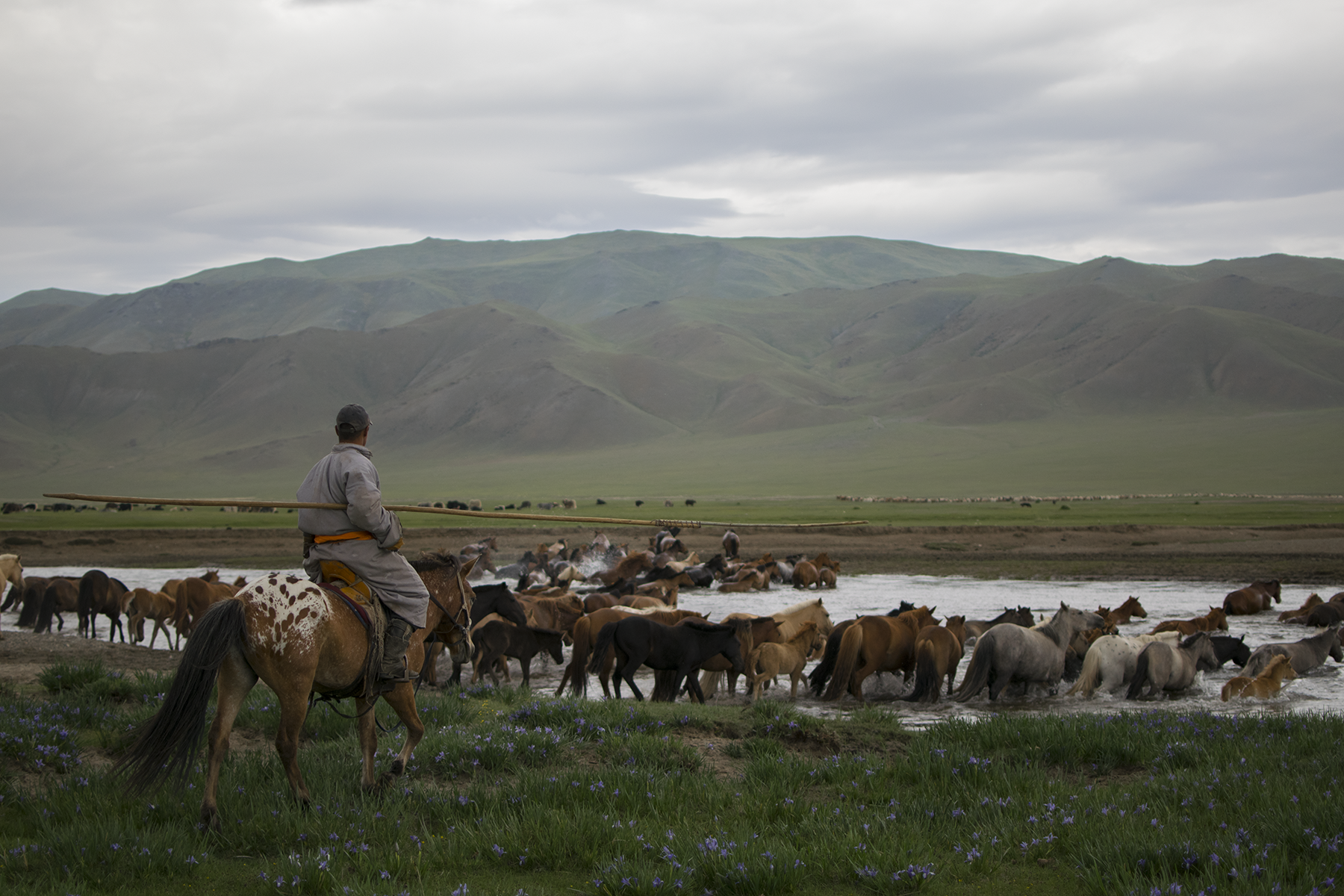


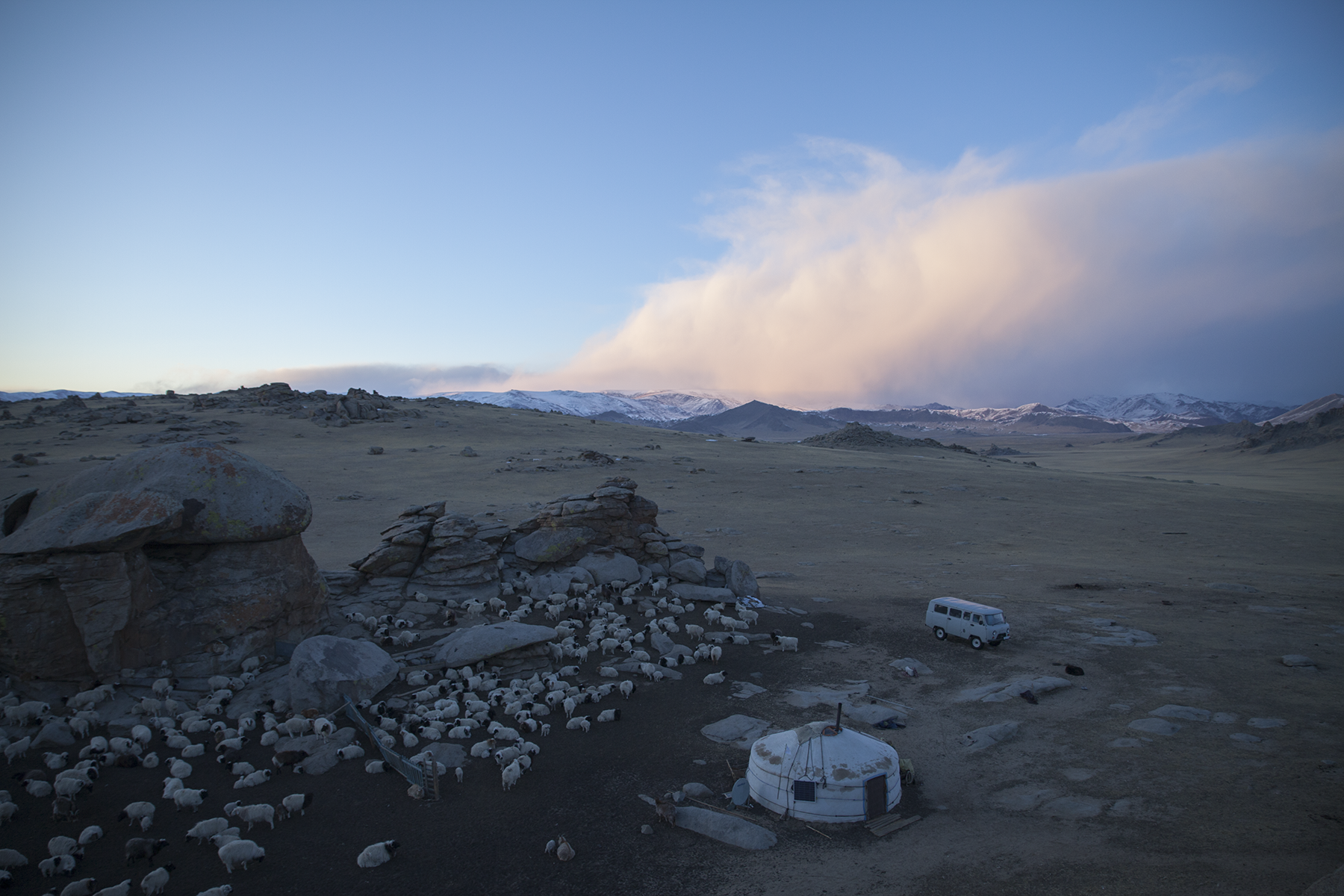
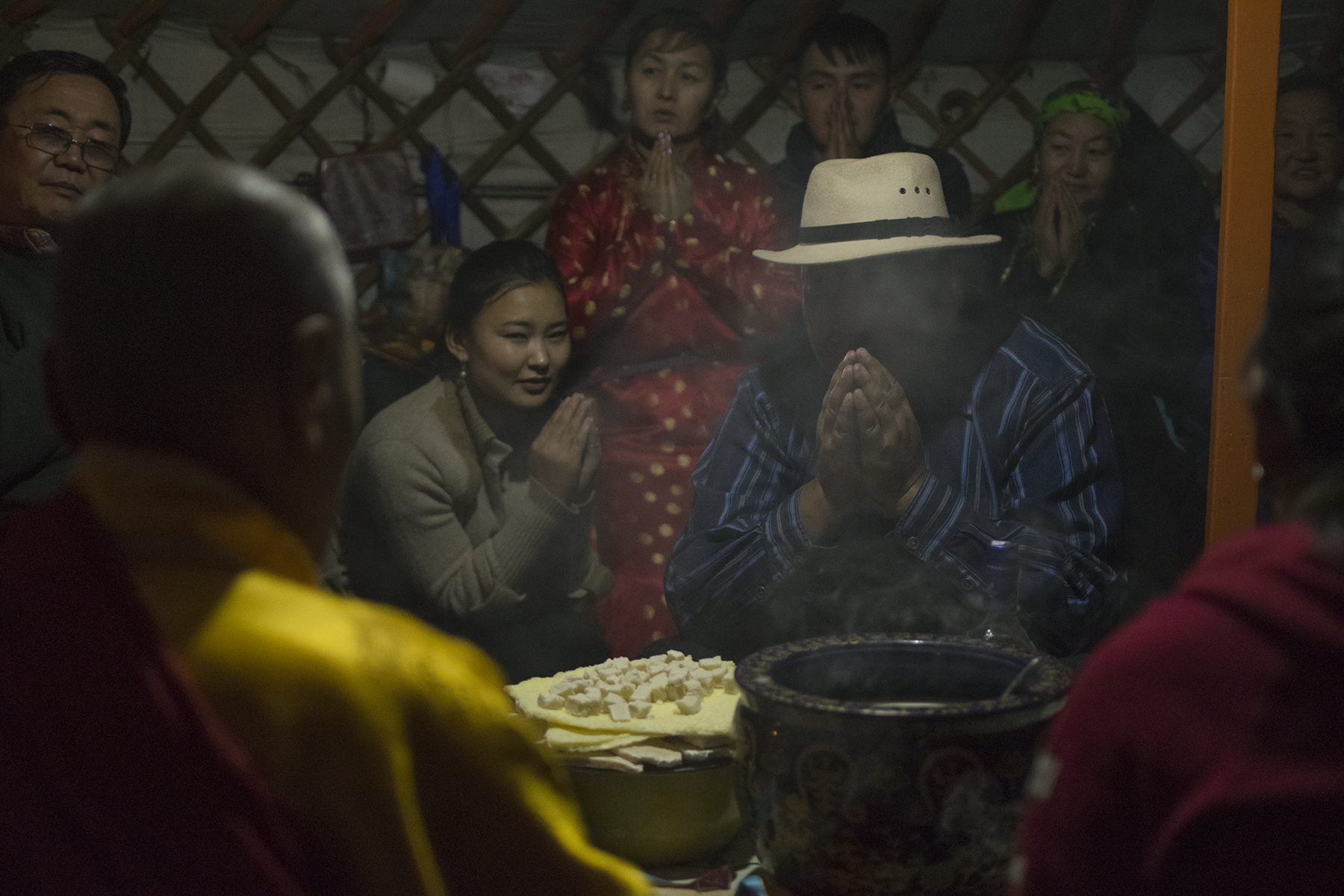
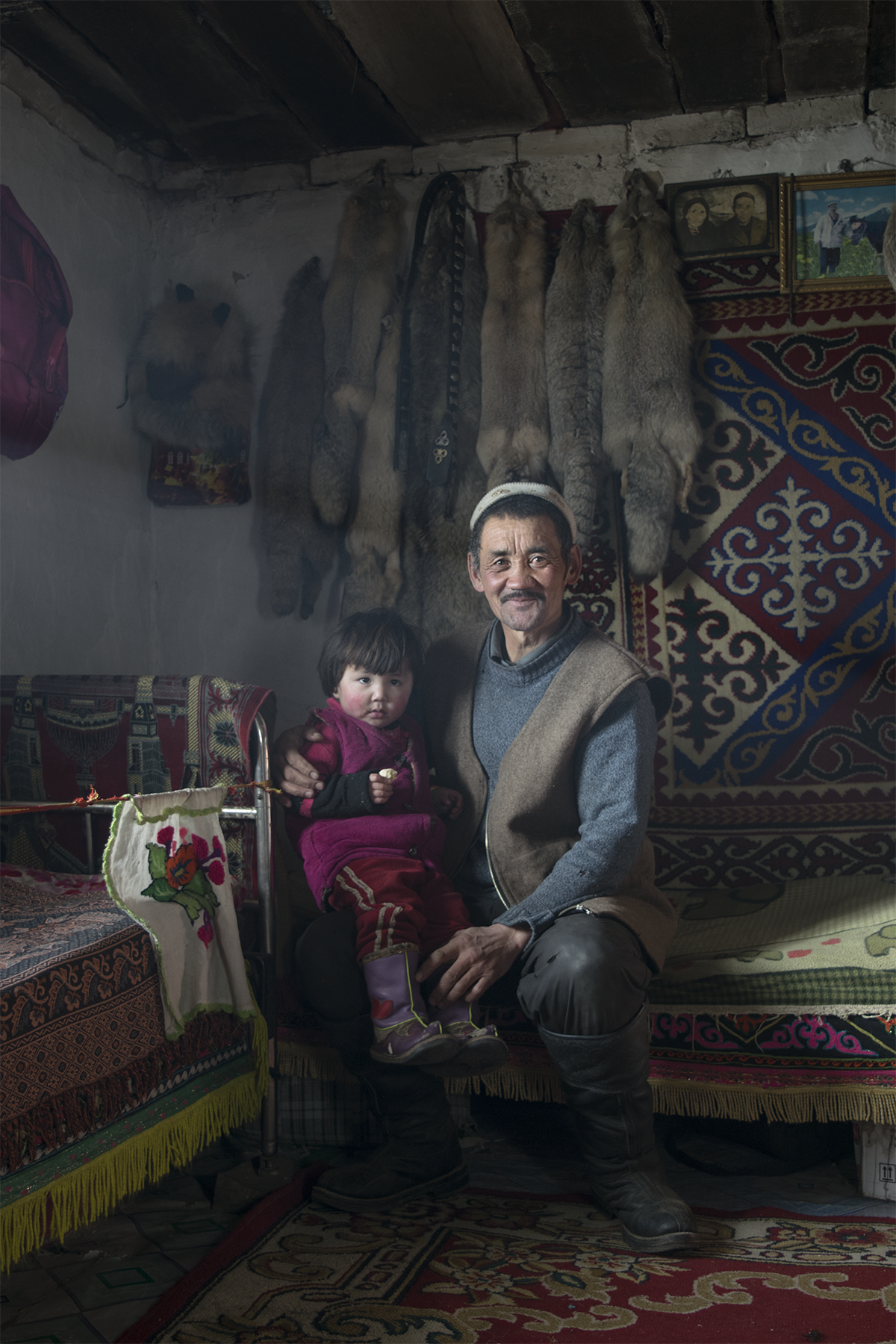
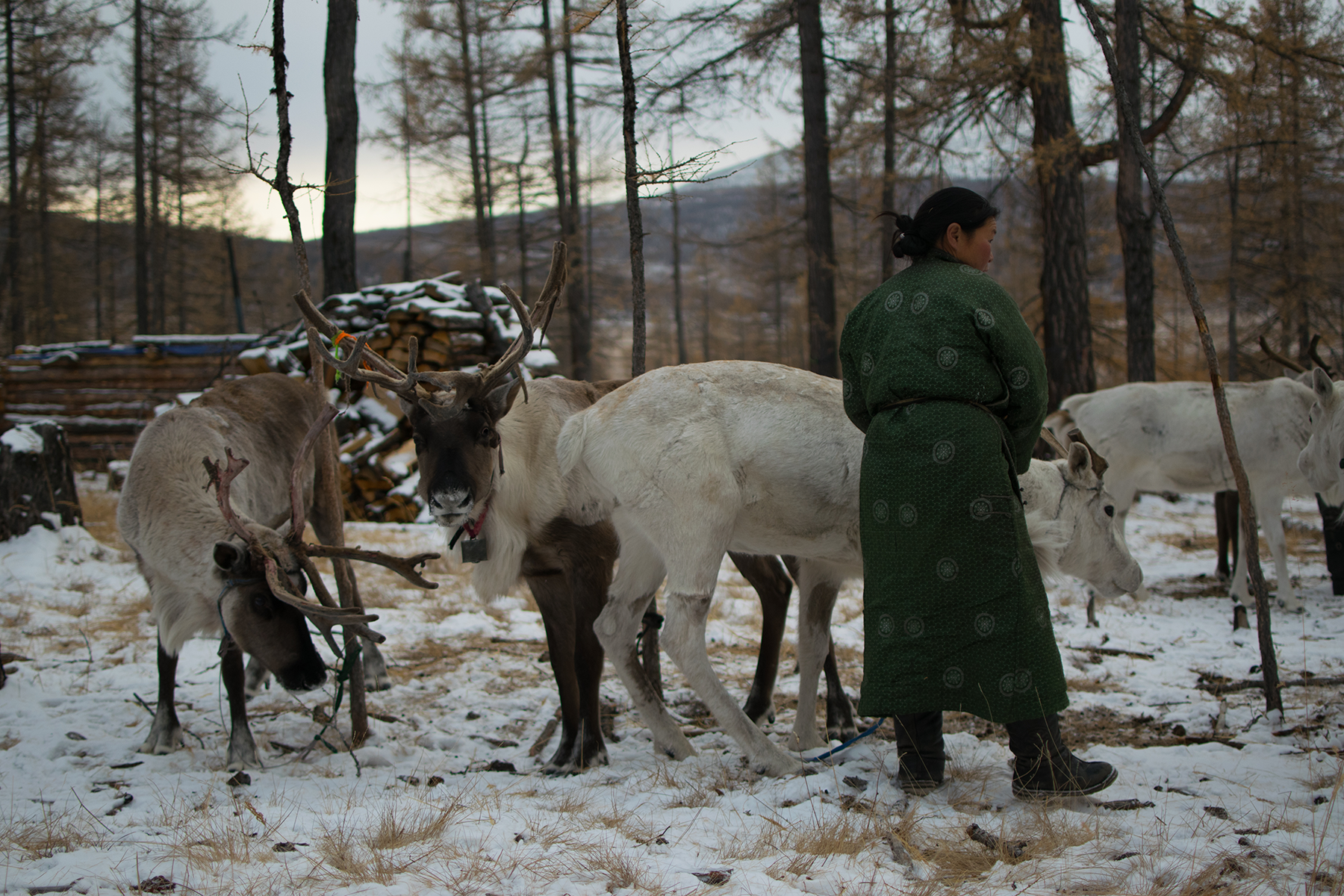
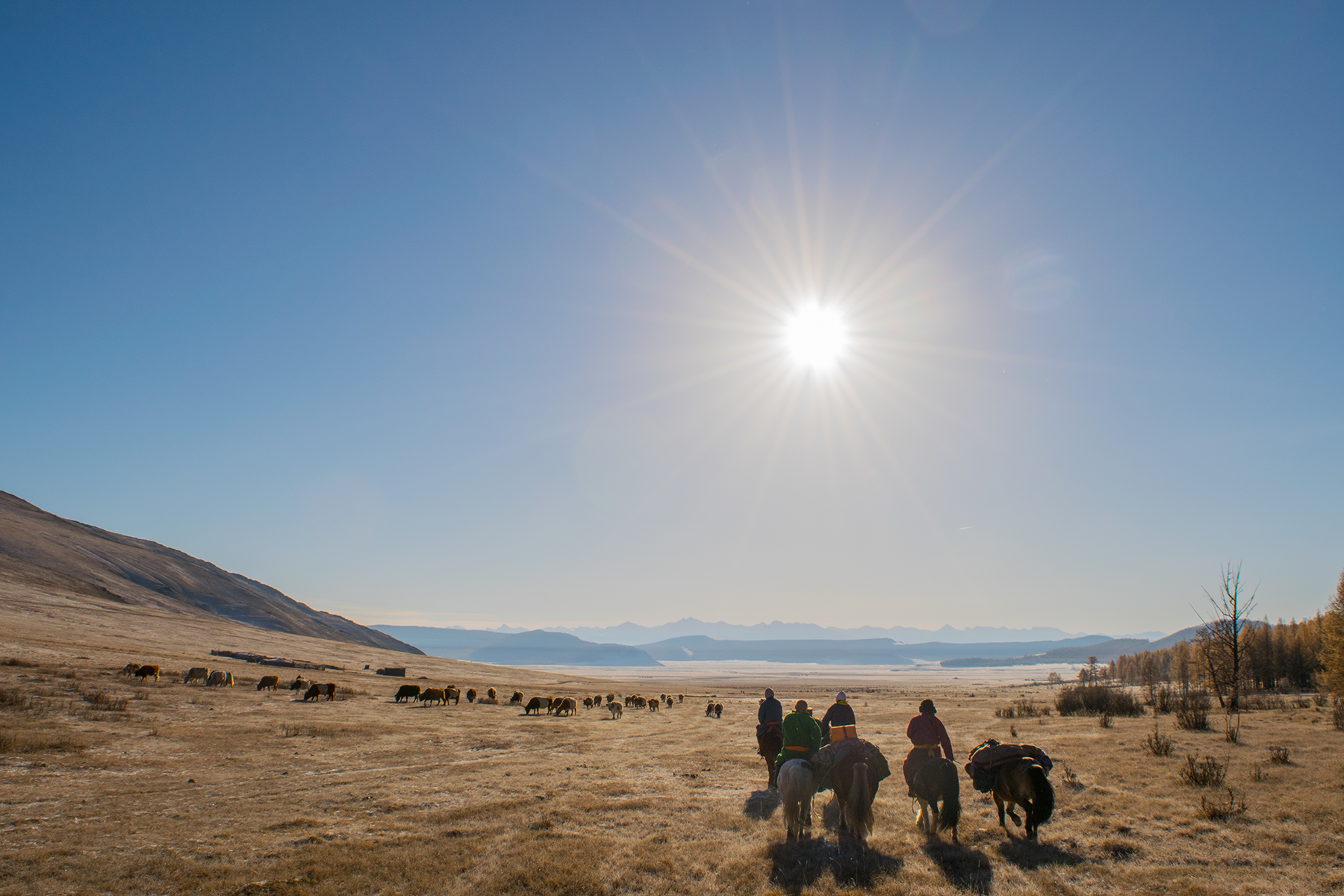
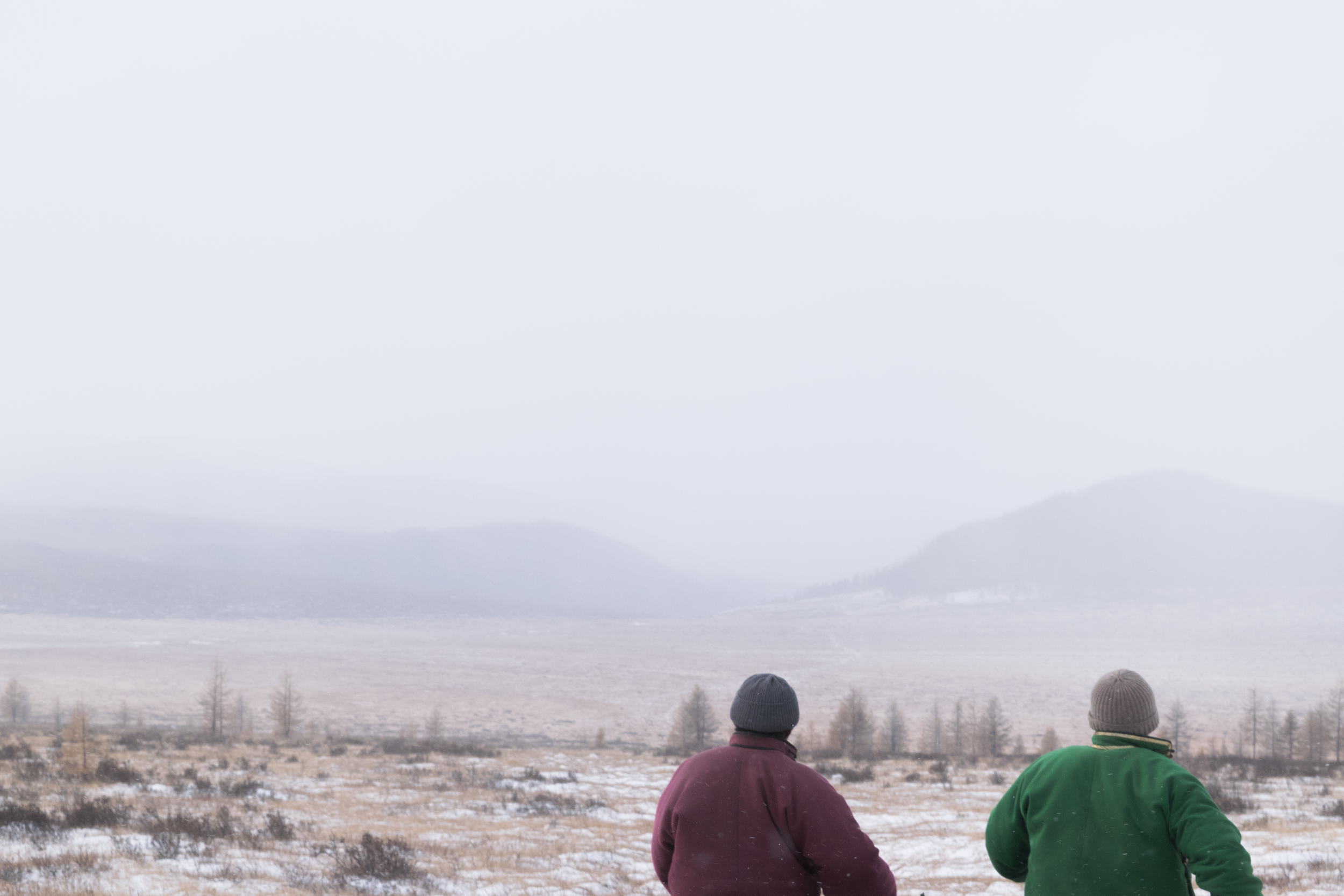
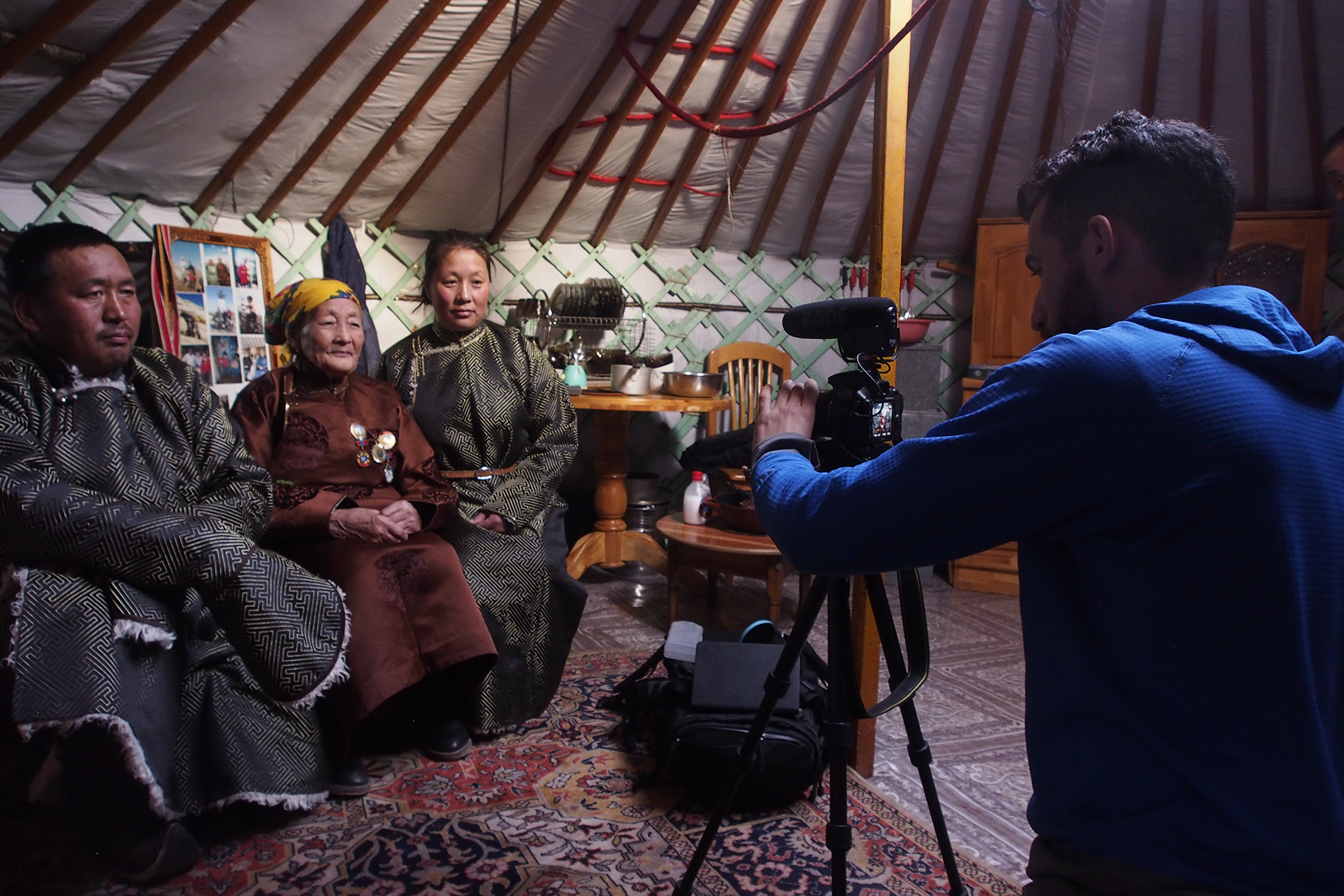
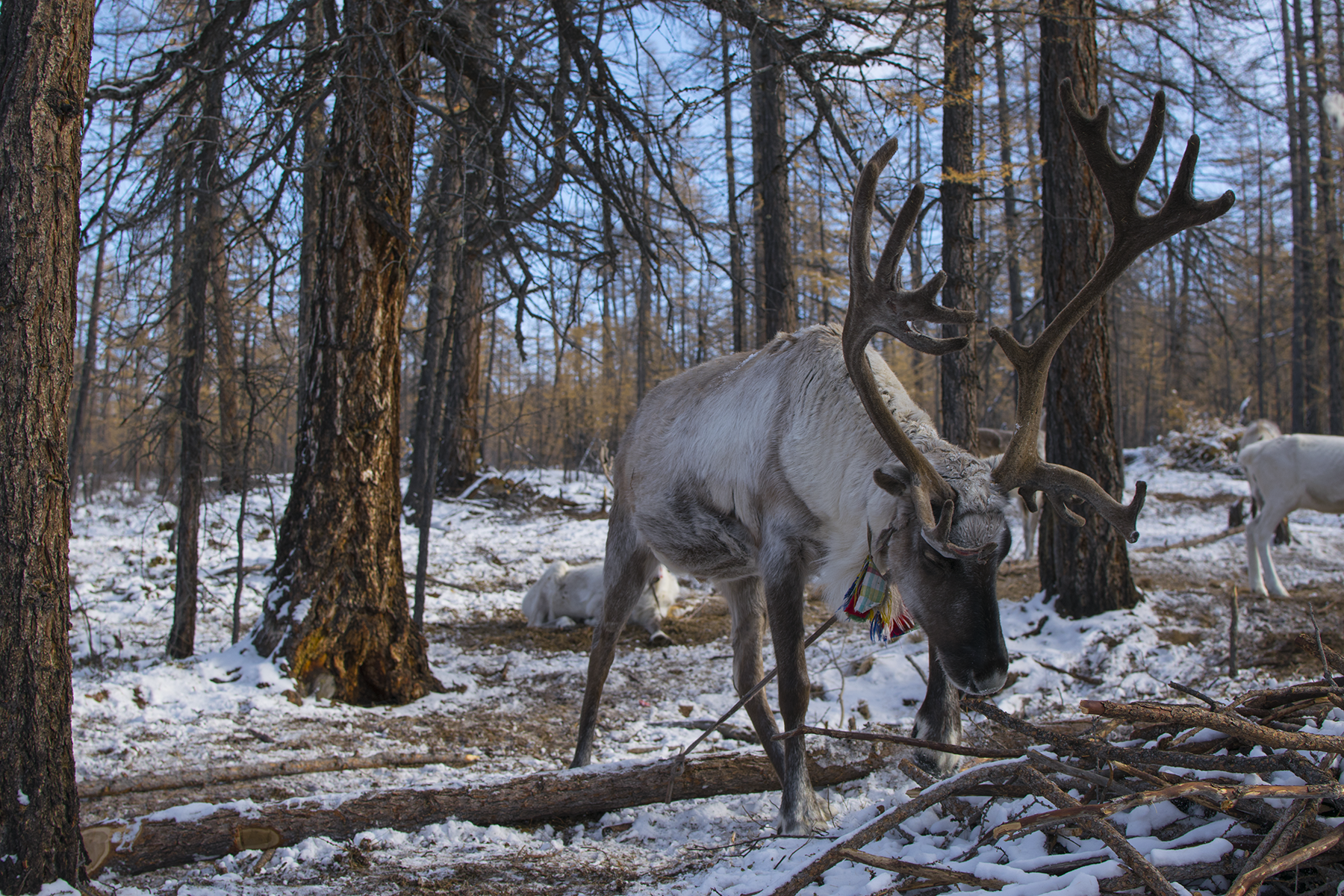
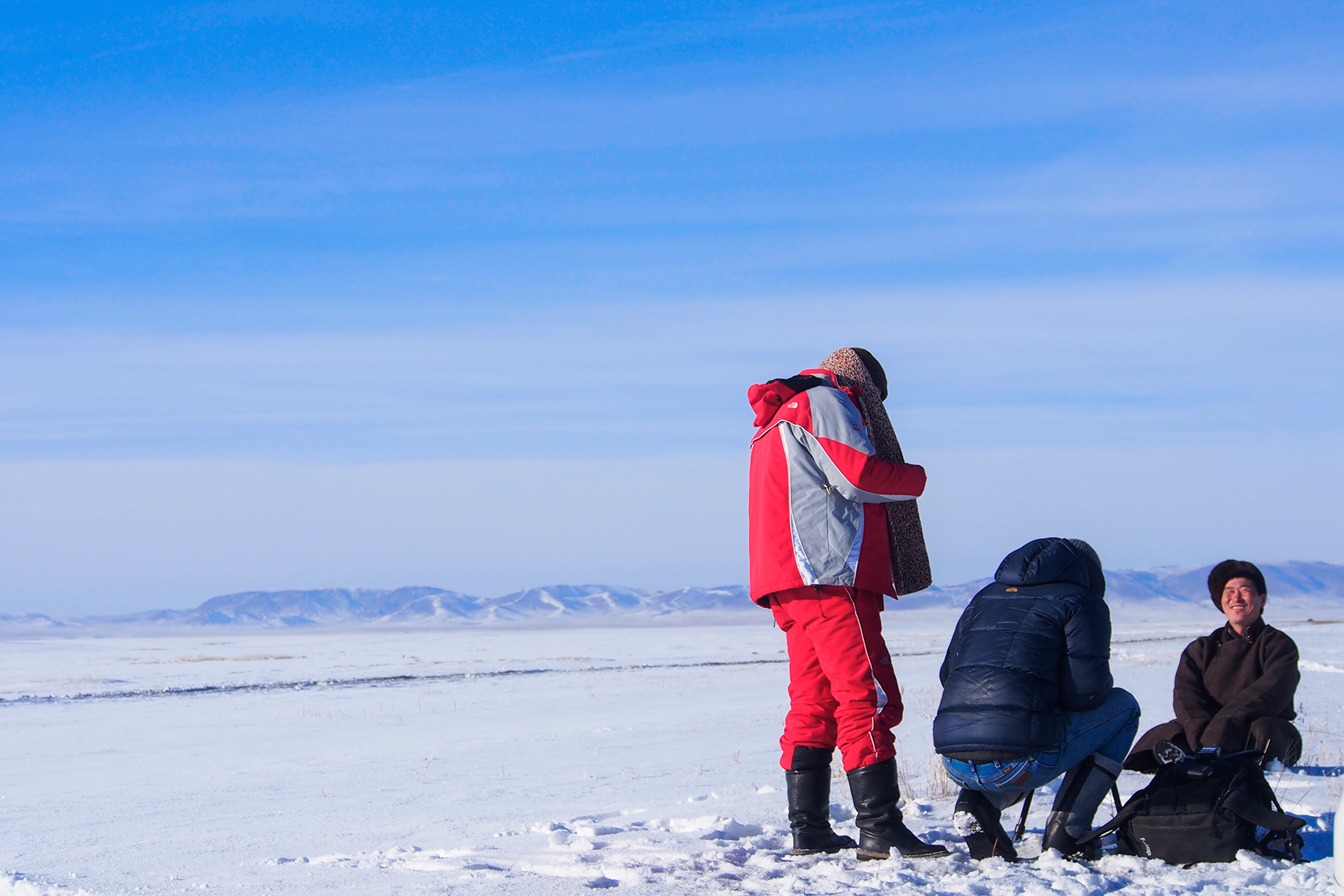
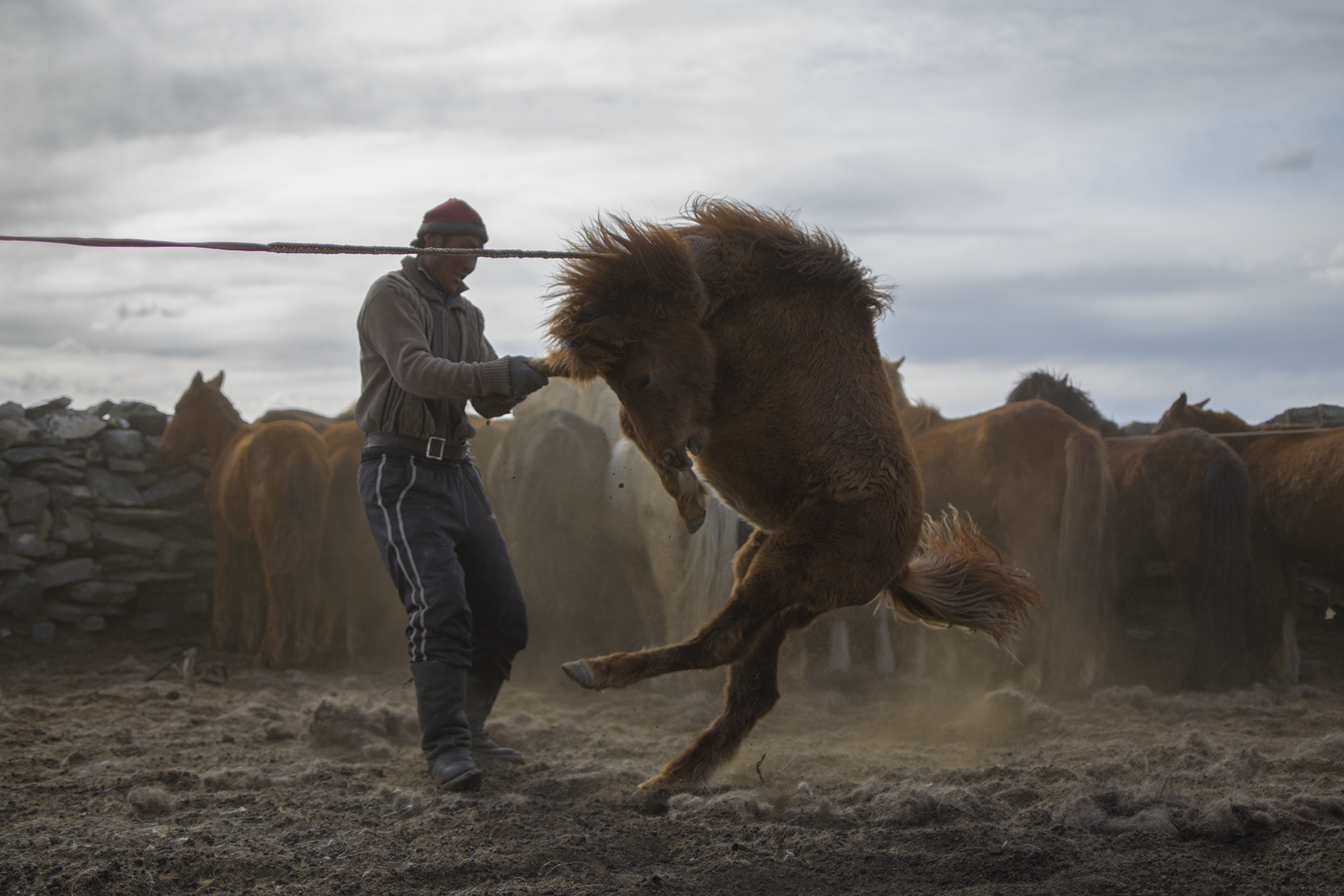
See more of the Mongol Music Archive and like it on Facebook.











